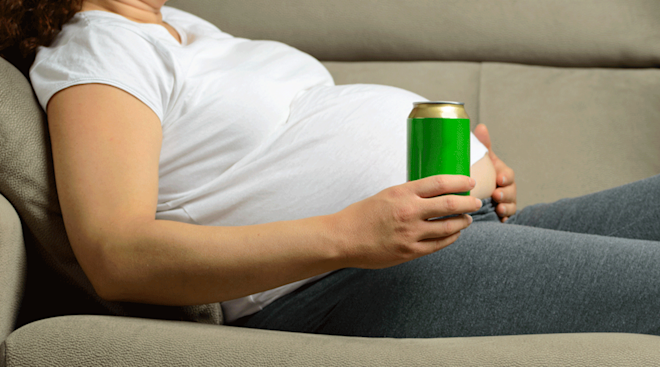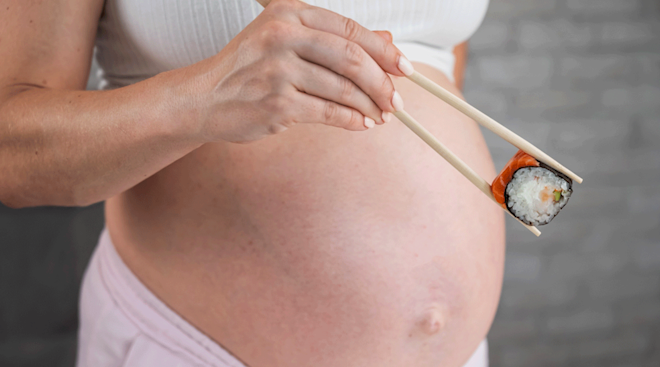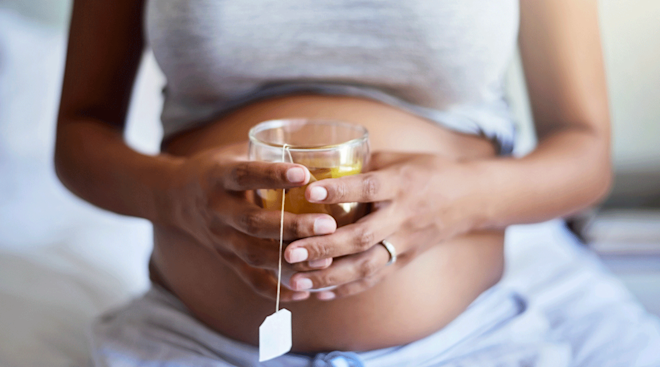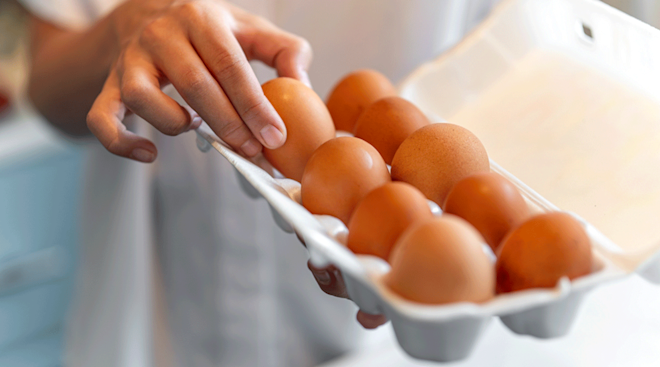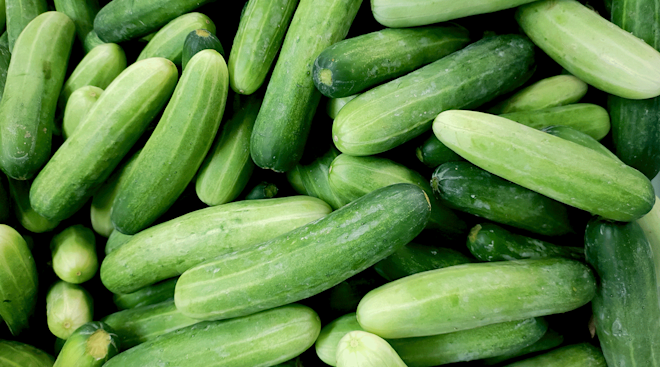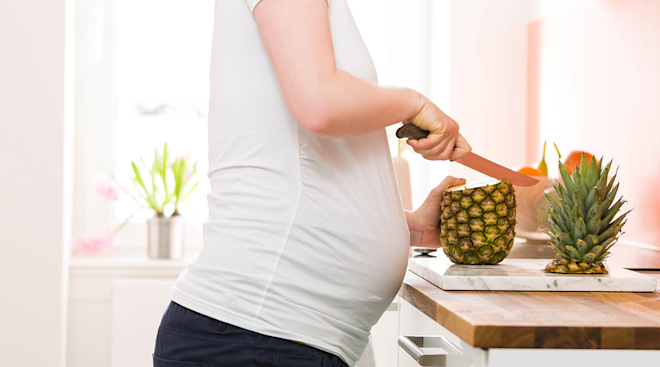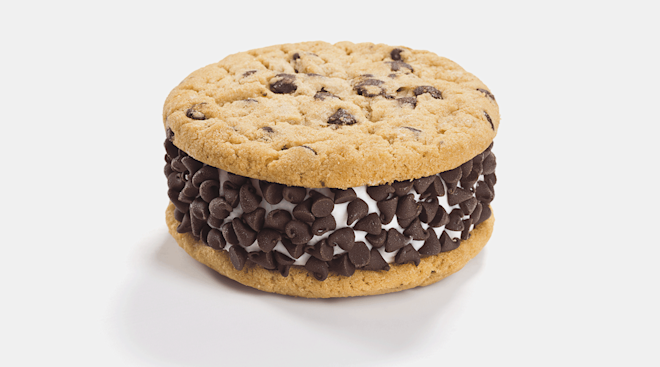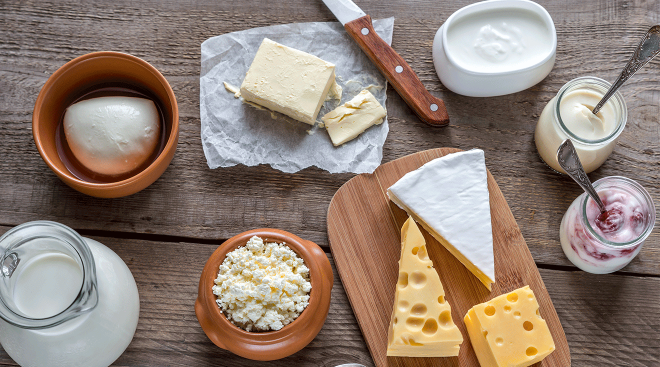Could Your Daily Coffee During Pregnancy Make Your Kids Shorter?
You know the phrase “an apple a day keeps the doctor away.” Well it turns out that a cup of coffee a day—while pregnant—could keep your kid out of the NBA.
A new study published earlier this week in the Journal of the American Medical Association (JAMA) explores the correlation between mothers who drink caffeine while pregnant and the height of their kids. A collaboration between over ten physicians and researchers, the study surveyed almost 2,500 mothers and children around the United States.
Unlike previous, similar studies, which relied on mothers to self-report their coffee consumption, this study used blood samples to determine exact levels of caffeine. The results found that pregnant women who consumed even just half a cup of coffee a day had children who were almost an inch shorter than their counterparts by age 4.
While this height difference might not seem like a big deal, researchers from the study point out the consistently observed shorter height “has been associated with increased risk of multiple cardiometabolic diseases in both pregnant and nonpregnant individuals.” Basically, if shorter heights persist into adulthood, there’s a great chance those children could develop heart disease or diabetes.
But before you add another thing to your list of pregnancy anxieties, note that the study doesn’t establish causation but correlation. Scientists can’t definitively say caffeine is what is causing babies to be born shorter. It could be a result of the long hours caffeine drinkers typically work or the increased stress these women might be under. Or frankly any number of variables.
So, just how much coffee can you have while pregnant? According to the American College of Obstetricians and Gynecologists (ACOG), a “moderate amount” of caffeine during pregnancy—defined as less than 200 milligrams per day or about a 12 ounce cup—“does not appear to be a major contributing factor in miscarriage or preterm birth.”
Essentially, while scientists admit that this study presents interesting data that deserves to be looked into further, there’s no need to feel guilty if you have a cup of joe every now and then.
Primarily the new study serves as a good reminder that caffeine can have effects on a fetus, and it should be consumed with some caution and not in large quantities. For a deep dive into just how much caffeine is doctor recommended while pregnant and its possible effects on baby check out this expert article.
Please note: The Bump and the materials and information it contains are not intended to, and do not constitute, medical or other health advice or diagnosis and should not be used as such. You should always consult with a qualified physician or health professional about your specific circumstances.
Navigate forward to interact with the calendar and select a date. Press the question mark key to get the keyboard shortcuts for changing dates.




































